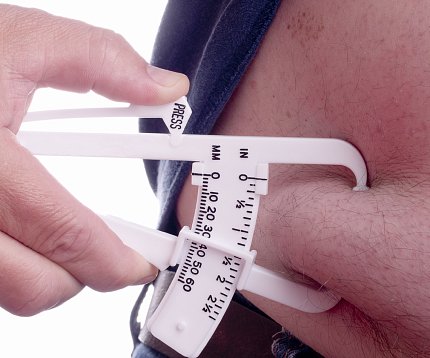Heavily Processed Foods Cause Overeating, Weight Gain

Photo: iStock
People eating ultra-processed foods ate more calories and gained more weight than when they ate a minimally processed diet, according to results from an NIH study. The difference occurred even though meals provided to the volunteers in both the ultra-processed and minimally processed diets had the same number of calories and macronutrients. The results were published in Cell Metabolism.
This small-scale study of 20 adult volunteers, conducted by researchers at NIDDK, is the first randomized controlled trial examining the effects of ultra-processed foods as defined by the NOVA classification system. This system considers foods “ultra-processed” if they have ingredients predominantly found in industrial food manufacturing, such as hydrogenated oils, high-fructose corn syrup, flavoring agents and emulsifiers.
Previous observational studies looking at large groups of people had shown associations between diets high in processed foods and health problems. But, because none of the past studies randomly assigned people to eat specific foods and then measured the results, scientists could not say for sure whether the processed foods were a problem on their own, or whether people eating them had health problems for other reasons, such as a lack of access to fresh foods.
“Though we examined a small group, results from this tightly controlled experiment showed a clear and consistent difference between the two diets,” said Dr. Kevin D. Hall, an NIDDK senior investigator and the study’s lead author. “This is the first study to demonstrate causality—that ultra-processed foods cause people to eat too many calories and gain weight.”
